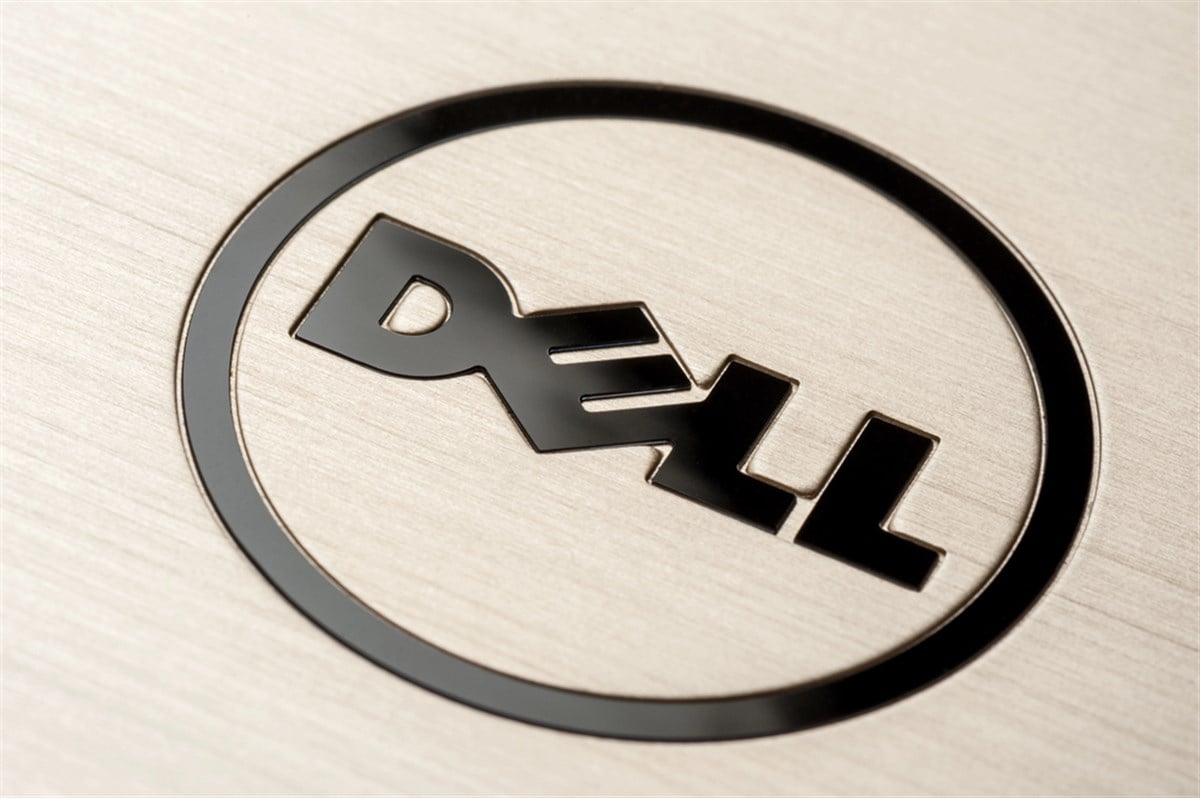Which Companies Hold XRP?

- A small but quickly growing number of companies have recently announced XRP treasury strategies for 2025.
- VivoPower, Trident Digital Tech and Webus International have plans to be among the top XRP treasury companies.
- Buying shares in these companies is one way to get exposure to XRP and the broader Ripple ecosystem.
What is an XRP treasury strategy?
An XRP treasury strategy involves allocating a portion of a company’s assets to XRP as part of its financial reserves or operational holdings.
This could be for speculative reasons, but in most cases, XRP holdings are linked to real-world use cases like cross-border payments, tokenized identity or decentralized financial infrastructure.
Companies may hold XRP to support the ecosystems they’re building on the XRP Ledger or to position themselves within the broader RippleNet or XRPFi ecosystem.
Some firms are also preparing for a world where blockchain-backed finance is more mainstream, and where XRP, known for its speed and scalability, is seen as a practical token for that future.
Why invest in XRP treasury companies?
Buying shares in companies that hold XRP is a way to get indirect exposure to the XRP ecosystem without owning crypto directly. For investors who are bullish on Ripple or the growing role of tokenized finance, this can be a simpler route.
It also allows exposure to real-world businesses deploying XRP in healthcare, logistics, payments and fintech. These are areas where the XRP Ledger’s fast, low-cost transactions have a practical edge.
Just be mindful that XRP strategies vary widely. Some companies use XRP operationally, while others are holding it as a speculative asset or strategic reserve.
Top public companies investing in XRP

1. VivoPower (VVPR)
VivoPower is a sustainable energy solutions company with operations spanning solar power, battery tech and electric vehicles. Headquartered in the UK, it also has a growing digital asset arm.
Why it’s holding XRP:
VivoPower recently announced an XRP-centric treasury strategy starting with a commitment of $100 million.
This commitment was bolstered by partnerships with blockchain network Flare to generate yield on its digital assets and with Bitgo as its exclusive broker to acquire its initial $100 million acquisition of XRP tokens.
The move aligns with its broader push into digital infrastructure and decentralized technology. The company sees XRP as a complementary asset to its clean energy mission, citing the token’s low energy footprint and potential for use in decentralized finance (DeFi) applications.

2. Trident Digital Tech (TDTH)
Trident Digital is a blockchain infrastructure and software company focused on enterprise-grade solutions. It works on decentralized identity, tokenization and smart contract tools for traditional businesses.
Trident revealed plans for a $500 million XRP treasury strategy in June 2025, due to accumulate in the second half of the year. If carried out, it would mark it as one of the biggest corporate crypto treasuries to date.
Why it’s holding XRP:
Trident is adding XRP to its treasury as part of a broader push into the Ripple and XRP Ledger ecosystem and because it hopes to position itself strategically as DeFi evolves and grows.
It’s planning to use the tokens to build up a long-term reserve, for staking purposes and activities within the Ripple ecosystem. Its XRP holdings are seen as both operational and strategic.

3. Webus International (WETO)
Webus International is a Chinese tech company that provides chauffeur and bus charter services to businesses through its Wetour platform in China. It uses a digital AI-backed system to manage pricing, scheduling, dispatch, and billing for these services.
It’s developing a blockchain strategy that involves building an XRP treasury, using XRP for international transactions and building Web3 products like wallets and blockchain-based loyalty programs.
While the company has announced plans for an XRP treasury and has arranged a $100 million equity line with Ripple Strategy Holdings toward its blockchain project, it has not put a number on its planned XRP holdings.
Why it’s holding XRP:
Webus has not yet disclosed any current holdings, though it has plans to build an XRP treasury. It’s leveraging XRP to streamline global logistics payments, reducing the friction and cost of currency conversion. The company’s holdings will be directly tied to the global expansion of its on-chain payment infrastructure, which it says will use XRP for near-instant settlement across borders.

4. Wellgistics Health (WGRX)
Wellgistics is a healthcare logistics company focused on supply chain solutions for medical products and pharmacy services.
In May 2025, it announced a $50 million equity credit to fund an XRP reserve and with plans to enhance its cross-border payment infrastructure. It plans to use XRP for more efficient and transparent real-time transactions across its national network.
Why it’s holding XRP:
It plans to build an XRP treasury as part of its initiative to develop a blockchain-based payments system. It aims to use XRP to settle payments between healthcare providers and distributors, particularly in regions with underdeveloped banking infrastructure. XRP’s speed and low fees make it suitable for these use cases.

5. Nature’s Miracle (NMHI)
Nature’s Miracle is an agricultural technology company that provides equipment and services for indoor and vertical farming, such as greenhouse and hydroponic growers.
In July 2025, it announced plans to develop an XRP treasury program of up to $20 million.
Why it’s holding XRP:
Nature’s Miracle’s planned XRP treasury program focuses on holding XRP tokens as long-term reserves, for staking purposes to generate yield and for engagement within the Ripple ecosystem.
It also sees XRP adoption as the answer to costly and slow cross-border payments.
Public vs. private companies: Who’s holding XRP?
Companies of all shapes and sizes have started adding crypto to their balance sheets. However, not all companies are equally transparent about their holdings.
For example, we can see when public companies purchase or announce plans to hold XRP via press releases, treasury or earnings reports. Private companies, on the other hand, don’t face the same reporting rules. This means many XRP holdings may be flying under the radar.
To date, only a handful of small companies publicly disclose their XRP treasuries.
Publicly traded companies:
A growing number of smaller listed companies are starting to disclose XRP holdings in 2025, often as part of a broader digital assets push. VivoPower and Trident Digital are among the few public firms with stated XRP commitments, although reporting is still inconsistent.
Private firms:
Private companies have more flexibility in adopting crypto and are often more nimble in building use cases, with XRP often used operationally rather than for speculative holding.
ETFs and funds:
As of September 2025, XRPI and XRPT are XRP ETFs that give investors exposure to the price movements of XRP via futures and XRP-linked instruments, rather than holding XRP directly.
How to compare companies holding XRP
XRP strategies are harder to evaluate than those for bitcoin (BTC) or ethereum (ETH), since many of the companies on our list have plans to invest in XRP, rather than actual holdings.
Many are also small or micro-cap companies being traded on OTC markets, which means their disclosure rules are less stringent.
But here are a few tips:
- How XRP is used. Are they using XRP for payments, staking (via XRPFi), or just holding it as a treasury asset?
- Size of holdings. Some companies only hold small amounts to support a pilot program, while others treat XRP as a core asset.
- Transparency. Is the company clear about why it holds XRP and how it’s used?
- Ripple partnerships. Some firms work directly with Ripple or within the XRPFi ecosystem — these relationships often influence their XRP holdings.
- Regulatory impact. XRP has a unique legal profile. Look at whether the company has addressed compliance risks.

Our expert says
“XRP treasury companies are different from your usual crypto stock picks. They tend to be smaller, more specialized firms integrating XRP into very specific parts of their business model. This can be a strength or a risk depending on how the sector evolves.”
What the 2025 crypto market means for XRP treasuries
XRP’s price has rebounded in 2025 following greater regulatory clarity in the US and renewed interest in real-world asset tokenization. The launch of XRPFi, a DeFi ecosystem built around XRP, has also breathed new life into the token, bringing with it staking, lending, and decentralized exchange features.
These developments are helping to legitimize XRP’s role beyond payments, making it more attractive for businesses looking to hold or use the token.
At the same time, Ripple’s ongoing partnerships with banks, fintechs and CBDC pilots across Asia and the Middle East are expanding XRP’s potential market. For companies already holding XRP, this momentum offers both narrative and financial upside.
How to invest in XRP treasury companies
Public companies:
You can buy shares in XRP treasury firms like VivoPower or Trident Digital via your regular brokerage account. These are listed on exchanges like the Nasdaq or over-the-counter and may also be included in crypto-themed ETFs.
Private or unlisted companies:
Private firms are not usually available to everyday investors via public markets. However, they may become accessible in the future via IPO, SPAC deals or tokenized equity platforms.
Be cautious with speculation:
Some companies mention XRP in press releases to attract attention, but without a solid strategy behind it. Always dig deeper to understand why and how they’re holding XRP.






